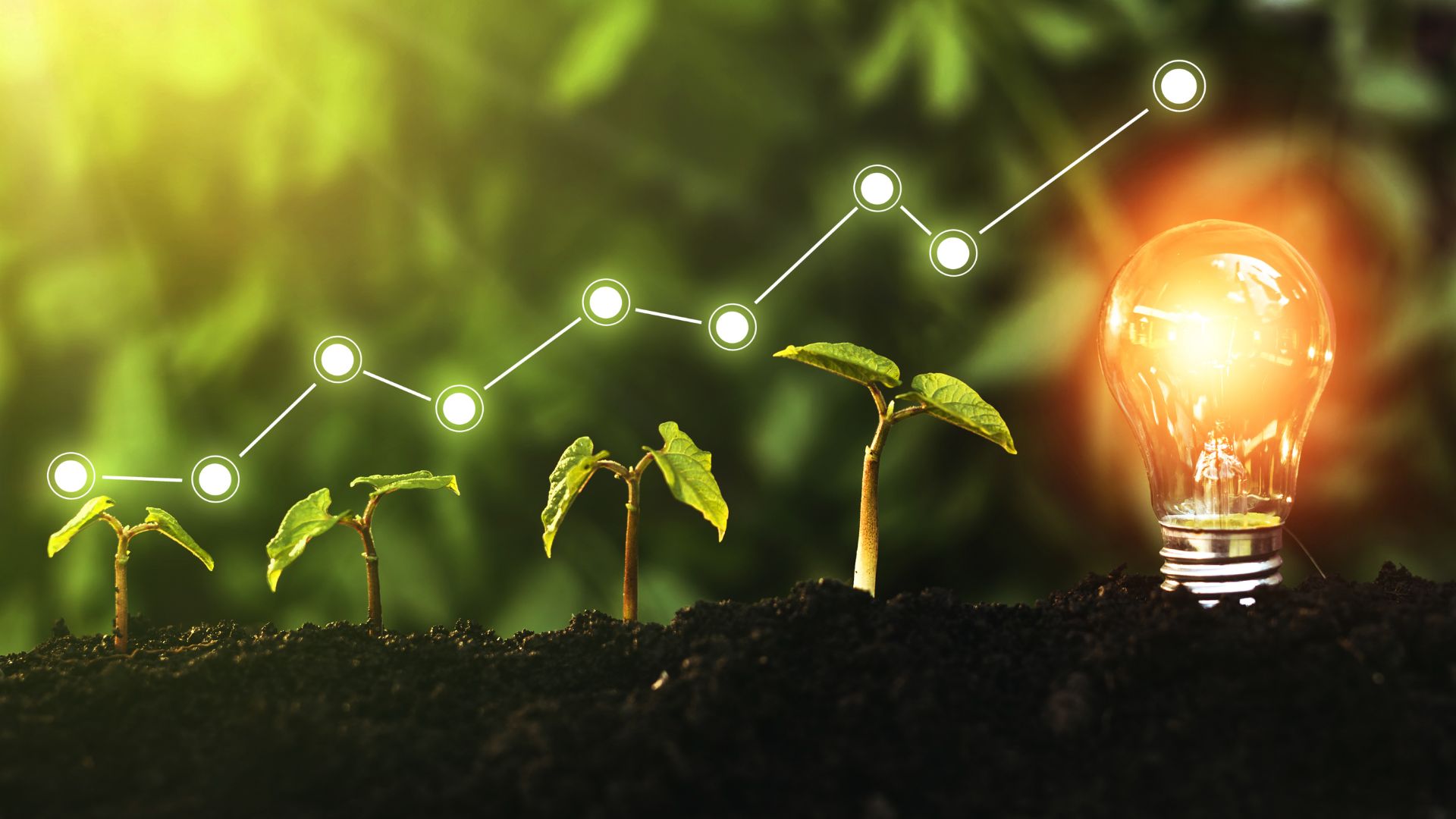At the Center of Waste Management Indonesia (CWMI), we believe that effective policies and regulations are the foundation of sustainable waste management. By combining deep technical expertise, international experience, and a strong track record of impactful projects, CWMI provides advisory and development services that shape regulatory frameworks to meet global standards and local needs.

Creating Robust Waste Management Frameworks
CWMI collaborates with governments, municipalities, and industry stakeholders to design, evaluate, and implement policies that ensure safe, efficient, and sustainable waste management practices. Our services include:
International Expertise & Global Best Practices
Our extensive portfolio spans Indonesia and international partnerships, where CWMI has contributed to policy frameworks that align with global environmental standards. We bring insights from international projects, ensuring that regulations are forward-thinking, practical, and adaptable to local contexts.

Data-Driven and Research-Based Solutions
CWMI leverages its Data Center for Waste Management and advanced research capabilities to provide evidence-based recommendations. This approach allows policymakers to make informed decisions that optimize environmental outcomes, resource efficiency, and economic viability.
Vision for a Sustainable Regulatory Environment
CWMI envisions a world where policies actively enable a circular economy, turning waste challenges into opportunities for sustainable development. Through thoughtful policy and regulation development, we empower governments, industries, and communities to:
